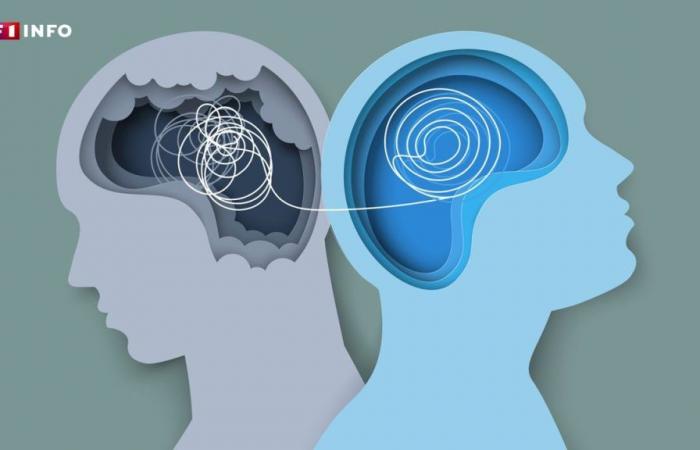According to several studies, it seems that trauma (war, attack, mistreatment, etc.) experienced by parents is transmitted genetically.
Children are at risk of developing more mental health disorders, such as anxiety.
Experiments show that it is possible to reverse the effects of these traumas on subsequent generations.
Do we carry the traumatic legacy of our parents within us? This is what recent studies tend to demonstrate. For Rachel Yehuda, professor of psychiatry and trauma neuroscience at Mount Sinai in New York, a distressing experience doesn’t disappear when you die. She explains in the columns of The American Journal of Psychiatry that on the contrary, “it survives you in some form“.
-
Read also
How do you recognize a toxic parent?
Trauma influences the anxiety gene
Based on research in epigenetics, that is to say the study of the activation and inhibition of genes, it seems that epigenetic effects are multigenerational, suggesting that the effects of trauma caused by war , sexual abuse, mistreatment could therefore be transmitted from one generation to the next.
This means that a child could carry the legacy of trauma, making everyone the sum of the experiences their ancestors went through. “If you feel like you’ve been affected by a very traumatic, difficult, life-altering event that your mother or father experienced, well, there’s a reason for that.“, writes Rachel Yehuda. It was while carrying out research on the epigenome that she discovered an epigenetic marker in Holocaust survivors by examining a gene in particular: FKBP5, a gene associated with anxiety.
Researchers found reduced DNA methylation on this gene and associated it with an increased risk of mental health problems. “Adult children of Holocaust survivors suffer more often than average from mood and anxiety disorders, as well as post-traumatic stress.she adds in the review For Science. She also noted “that after the attack of September 11, 2001, many pregnant women suffered from post-traumatic stress. Nine months after birth, they reported more signs of abnormal anxiety in their babies than non-traumatized mothers“.
Reversible effects
However, other studies have shown that cognitive behavioral psychotherapy can help reverse epigenetic changes, including methylation of the FKBP5 gene. Brian Dias, lecturer specializing in neuroscience and neurogenetics at the University of Southern California, carried out an experiment on mice. He exposed them to the smell of cherry blossoms combined with a mild electric shock. The mice feared this smell, but so did the next two generations. He then repeated the experiment with another odor associated with the shock, then exposed them to the odor without the electric shock. Over time, not only did the mice no longer fear the smell, but neither did subsequent generations. In other words, the mice have been reconditioned so that they no longer fear cherry blossoms. For Rachel Yeruda, this experience “suggests that even if trials mark us biologically, it is possible to act on the imprint they leave on us. So with the progress of knowledge, we hope to soon be better equipped to help not only those who have experienced traumatic events, but also their descendants“.






